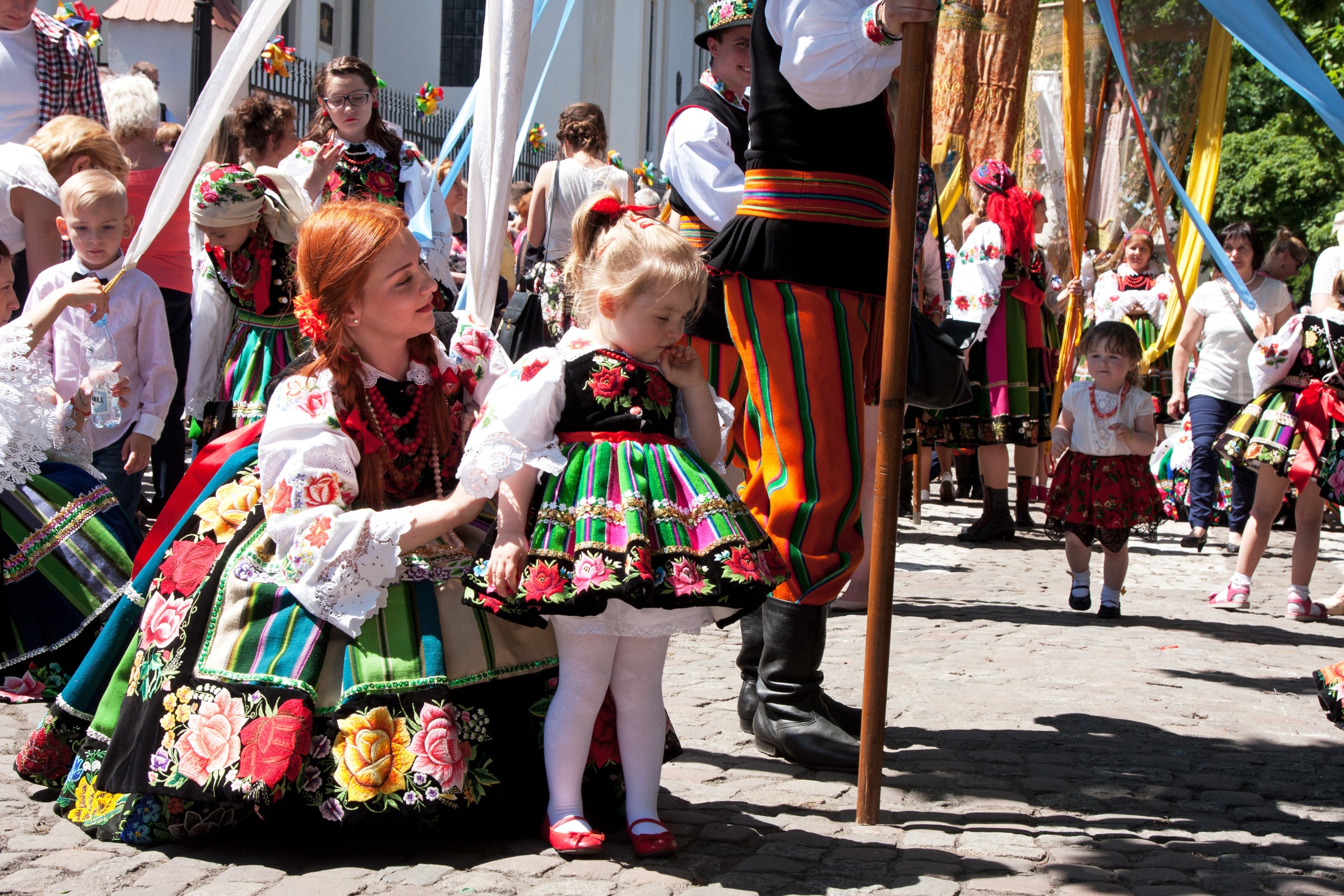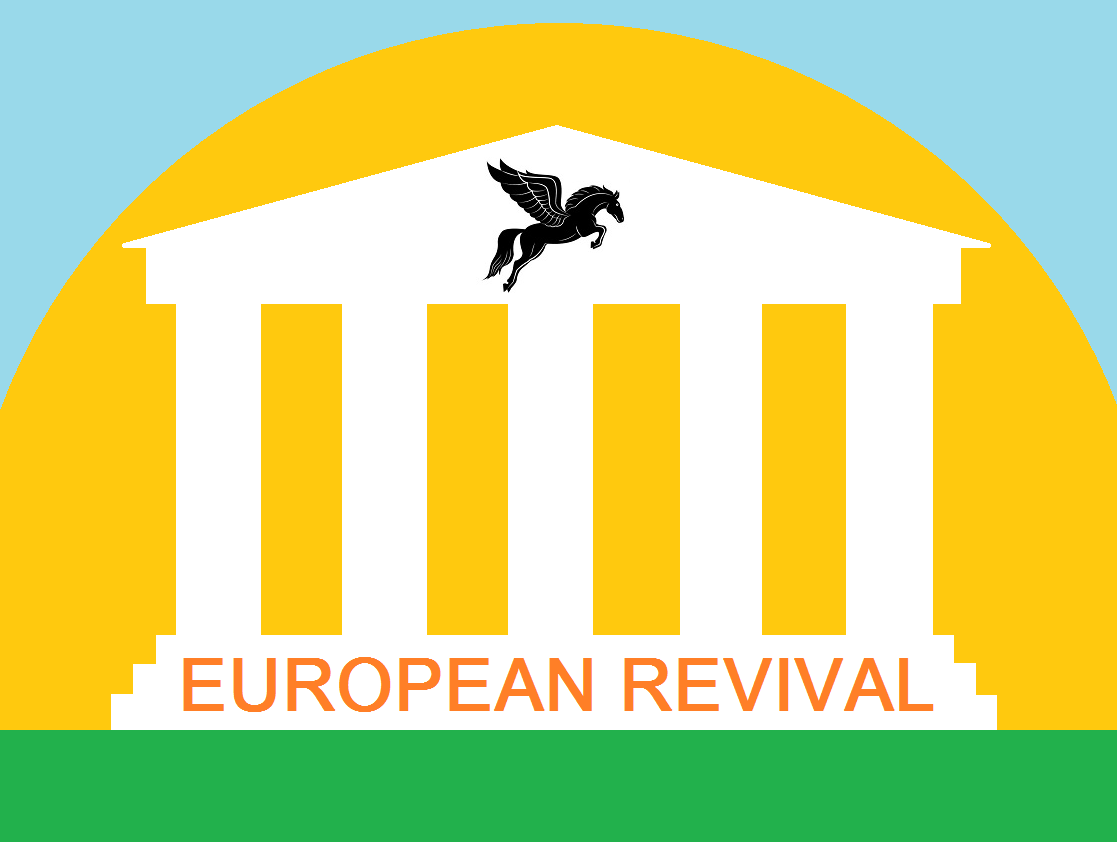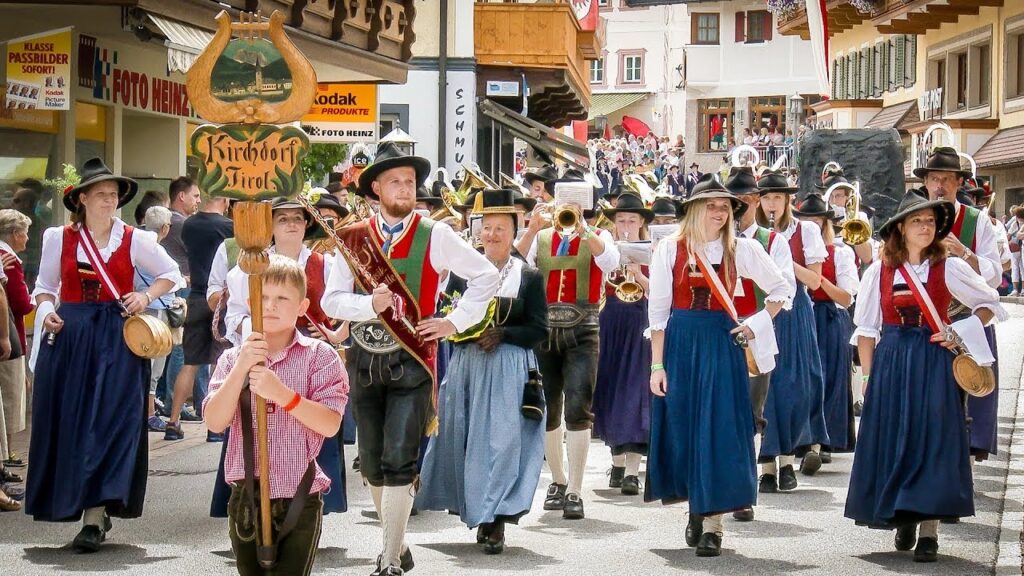
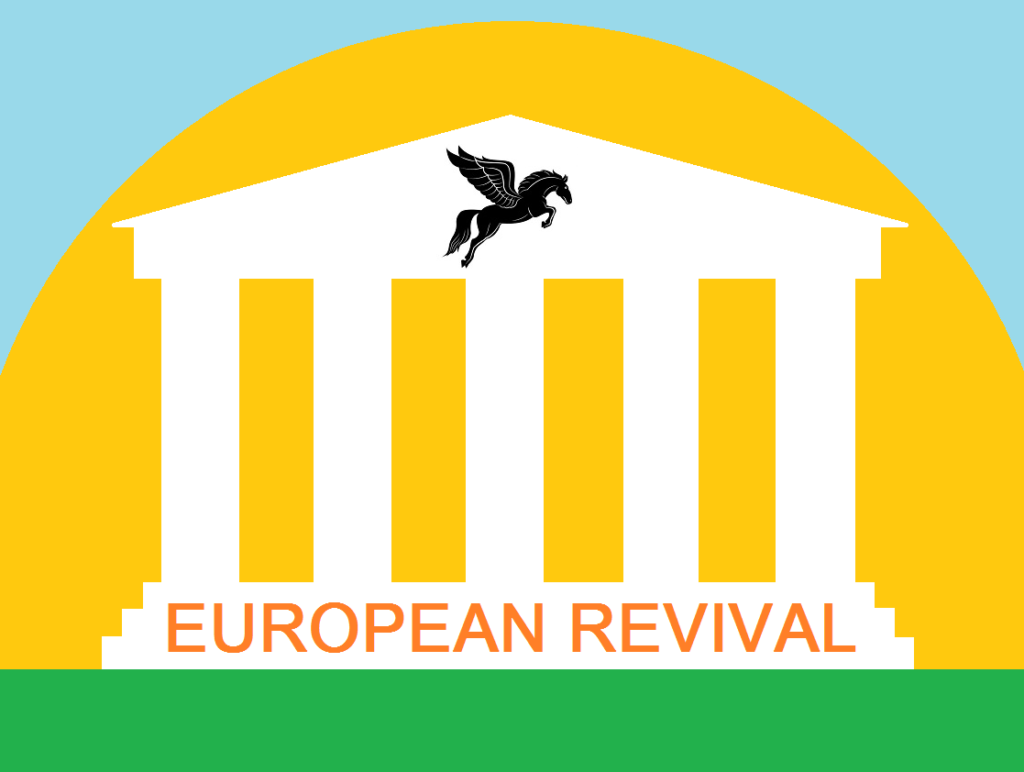
About us
European Revival is a cultural association and an international web community that aims to enhance the traditions of European peoples (including those outside Europe of European descent and those who share similar values).
We love folklore. We want all the European languages and cultures to be preserved, not only the “institutionalized” ones. We want all the peoples of Europe to be friends and collaborate for the common good. We want to intensify the bonds with related or compatible cultures and help them wherever needed. Anyway, related or not, in our opinion all the traditions and languages of the world are a heritage to be valued and saved.
We think that the current structure of the European Union is not effective in protecting and enhancing the traditions of European peoples and needs to be overcome. We think that Europe, like every place on Earth, cannot be ruled only by bureaucracy and finance, and culture has to come first. We think that even in the era of globalization European liberal democracies need the millennial traditions of the peoples who created them to be defended.
We also think that tolerance and multiculturalism, which we love, should not mean weakness and must always require reciprocity. While respecting everyone and despising any form of racism, we want Europe to keep its identity and not to be disfigured by an uncontrolled migration.
We want Europe to keep its soul and along with its identity always to defend people’s rights, work and dignity. We want the European continent to thrive, to be respected and to have a central role in the world again.
Culture and identity before bureaucracy and economy: Folklore will save the world!
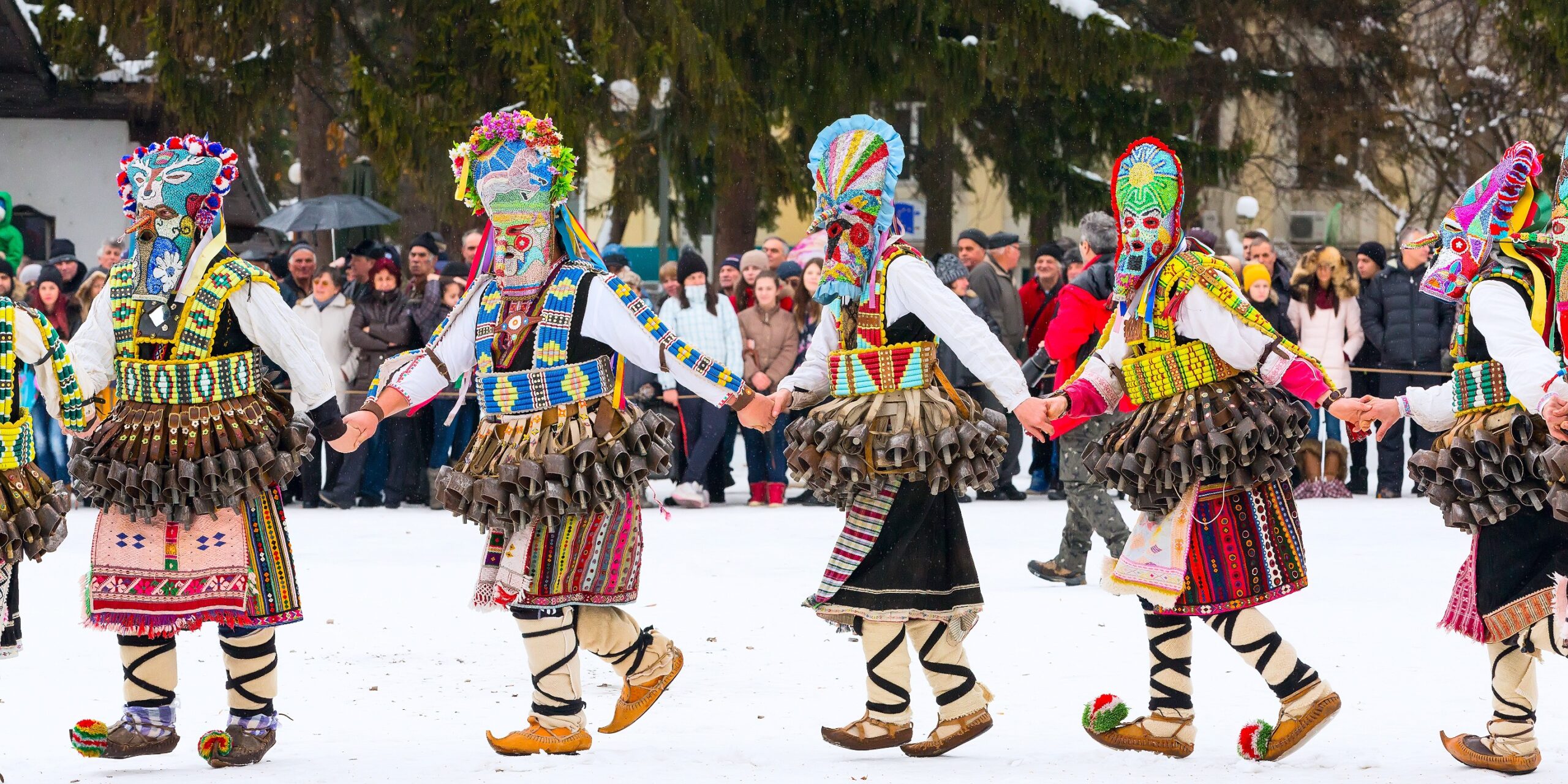
Constitution of European Revival cultural association
1. Name
The name of the association is European Revival. The association is merely cultural and has no profit.
2. Aims
The aims of European Revival are:
- To defend and preserve the peculiarities of all European cultures, cultures of European descent (ex. North and South American, Australian, ect.) and cultures somehow similar or related to European ones (Armenian, Georgian,etc.). Furthermore, with a spirit of solidarity, we are sensitive to the fate of all the cultures of the world threatened with extinction.
- To intensify the bonds of friendship and collaboration between all European peoples; to intensify the bonds of friendship and collaboration between Europe and sister or compatible cultures throughout the world.
- To create the cultural environment for overcoming the current structure of the European Union which, in our opinion, does not protect the European peoples, their identities and their cultures adequately.
- To raise public awareness of security issues in Europe and the Western world; of the risks of negative birth rate and the consequent ethnic substitution underway on the European continent; of the disparities created by an unregulated economic globalization and the excessive power of finance.
- To renew, modernize (and thereby strengthen) the role of classical Greek-Latin culture and of Christian tradition so that they can continue to be the pillars of Western civilization (profitably, not by an action of mere inertia) even in the third millennium.
- To defend the Western values of democracy, equality and freedom with firmness and consistency. To defend all the other Enlightenment values, like the principle of self-determination of peoples.
3. Activity
The association will pursue its aims mainly through:
- Online activity in social media.
- Organizing thematic conferences at public and private institutions.
- Collaboration with other associations of cultural, political and religious kind.
- Fundraising for causes related to the conservation and enhancement of traditions and cultural peculiarities of European peoples.
4. Membership
Membership is open to anyone who:
- is aged over 16 years old.
- speaks a European language and knows a European culture (or a culture of European descent, ex. North and South American, Australian, etc.) deeply.
- supports or at least shares the aims of European Revival.
- fills out the application form on the website www.europeanrevival.org.
Membership begins as soon as a confirmation e-mail is sent by the staff of European Revival, after submitting the online form.
Membership is for free and there is no fee.
A list of all members is kept by the membership secretary in full respect of privacy and it is not disclosed to anyone outside the association.
Ceasing to be a member
Members may resign at any time sending an e-mail to: [email protected] (they need to use the same e-mail address used on the membership form).
Any offensive and vulgar behaviour on socials, including racist, sexist or inflammatory remarks, will not be permitted. Anyone behaving in an offensive way may be asked to resign from the association if an apology is not given or the behaviour is repeated. Anyone who proves not to share the aims and values of European Revival may be asked to resign or even expelled from the association, according to the judgment of the president or the majority of the steering committee.
5. Equal Opportunities and inclusion policy
European Revival will not discriminate anyone on the grounds of sex, race (including colour, ethnic or national origin), sexual orientation, disability or political belief. Anyone speaking a European language, knowing a European culture and sharing the values of the association is welcome.
6. Governance, officers and steering committee
In the first four years the governance of the association will be carried out by a founding Committee of three members, two of which will be officers.
The officers’ roles are as follows:
- President, who is also the administrator of the website www.europeanrevival.org
- Membership secretary (appointed by the president) who shall be responsible for keeping records of members.
After four years the president of European Revival will be elected by a committee of nine members and may not coincide with the website administrator. The committee of nine members will be elected by all the members of European Revival through an online election organized on the website www.europeanrevival.org.
From that moment, elections of the president and of the nine-member committee will occur each three years unless otherwise decided in the final constitution.
After the founding meeting, there will not be periodic formal meetings on a fixed basis until the election of the nine-member committee by general online voting expected in four years (anyway there could be some informal meetings). Subsequently, the deadline and the procedures for the meetings of the steering committee will be determined by the final version of the constitution of the association (see next paragraph).
7. Developments and amendments to the provisional constitution
This constitution is only a provisional basis, the final version will be drafted by the nine-member committee elected online at the end of four years of activity. That steering committee will be responsible for drafting a definitive constitution within 6 months of its election and communicating it to all members. This will take place under the supervision of the new president of the association elected by the steering committee.
8. Dissolution
The steering committe, unanimously, can decide to close down the association. In that case it must notify all members of the association at once by e-mail.
This provisional constitution was agreed at the founding Meeting of European Revival on 1st January 2021.
Meet the president

Paolo Seruis was born in Cagliari, the capital of Sardinia (Italy). He graduated in Foreign Languages and then in Political Science at the University of Cagliari. He published the novels Epos in 2010 and Signs of life in the old continent in 2017, in both of which the themes of European identity play a central role.
The fact of being born in a peripheral European region, characterized by strong cultural and linguistic peculiarities, has constantly pushed him to think about the problem of the preservation and survival of regional cultures in the era of globalization. All the more so, in a Europe increasingly characterized by a centripetal drive that seems to leave less and less political, cultural and economic space on the periphery of the continent. This concern goes hand in hand with the perplexity caused by the very rapid change in the ethnic structure of the continent, following migrations of large proportions partly suffered and partly orchestrated by those who, for one reason or another, have an interest in changing the face and soul of the European continent forever.
“Anyone who thinks that the safeguarding of millennial identities (in Europe as in every other part of the world) is not a conservative theme, a boorish defense of the past, but quite the opposite a battle of culture, justice and common sense is invited to join us. Folklore will save the world!”.
